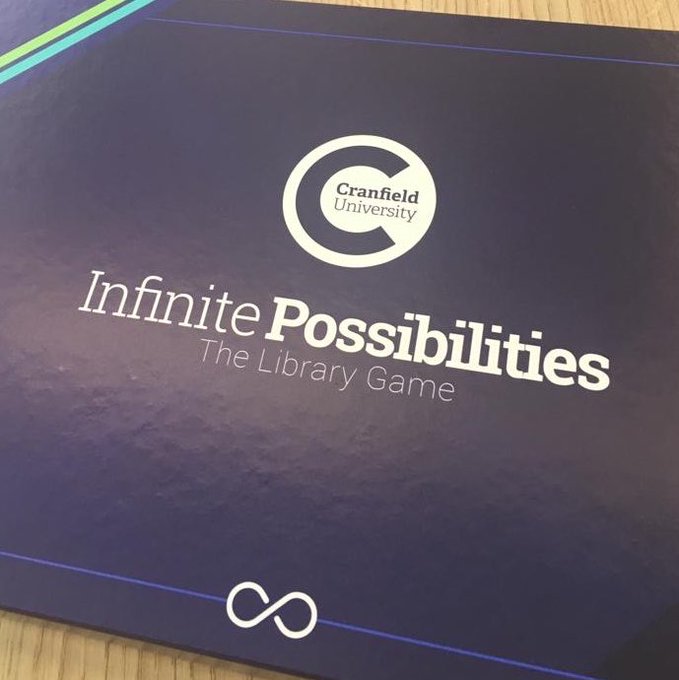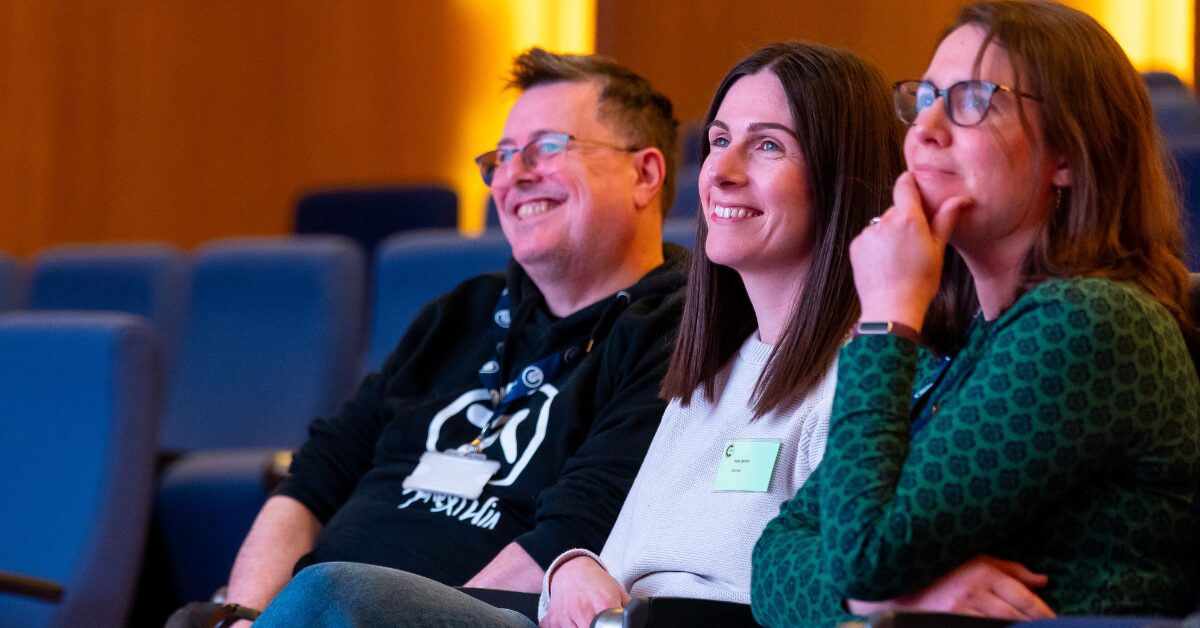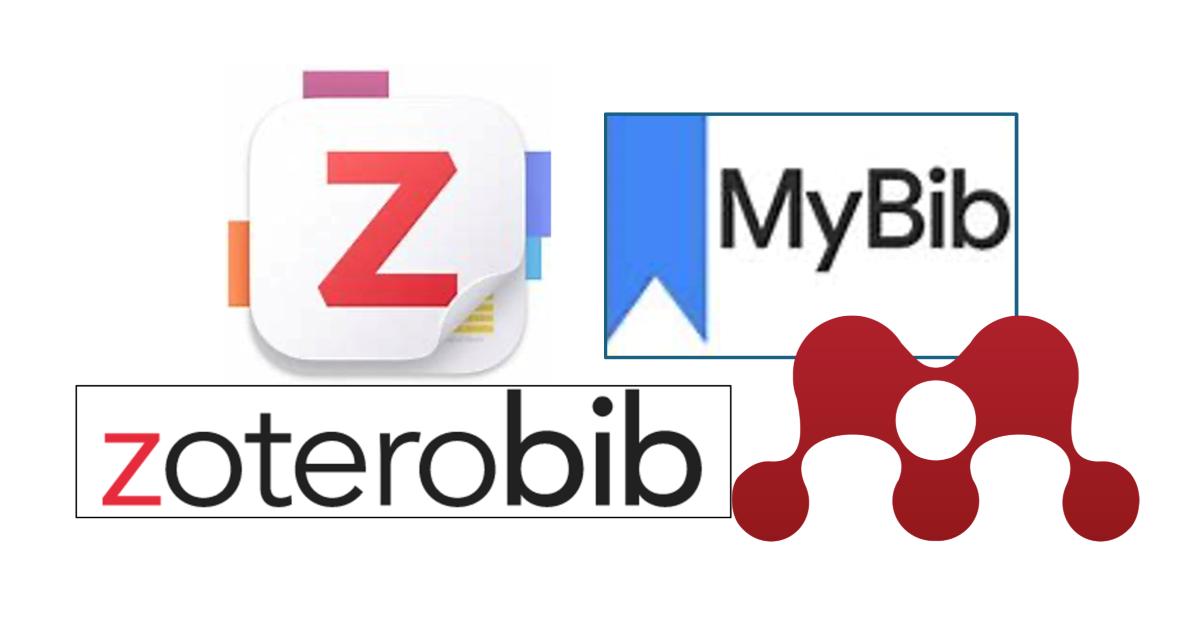The value of playful learning
08/08/2019

In July 2019 I was fortunate to attend a conference called ‘Playful Learning.’ The delegates (around 120 of us) were from a variety of different backgrounds. Some worked for companies, some were in education, some wrote and designed games, but we were brought together by our shared experience of teaching and learning – and seeking to learn and share about incorporating playfulness into our practice.
What is ‘playful learning’?
Playful learning is the integration of activities into learning and teaching practice that are connected to play. The activities can appear abstract or they can directly relate to the task, but the intention is to enable and enhance learning by using different experiences. You might have encountered some of these in your own learning journey.
Some examples from the conference:
Lego Serious Play: the seminar I attended described the use of lego in a revision session; where the association of concepts with lego models improved students’ memory and confidence in exam preparation. In the seminar, we constructed models that related to the concept of playful learning and it was a useful and interesting way to conceptualise our ideas.
Helps with: memory, team building, learning concepts, visualising

Playdoh: this was a very short but active ‘icebreaker’ in which we were asked to take our assigned colour, find two people with different colours, and combine our playdoh to make a model based on a given theme.
Helps with: team building, abstraction, movement
Puzzle boxes/Escape boxes: there were several versions of this type of activity which requires students to solve problems in order to uncover a code which ‘unlocks’ the next task. Can be adapted to most subjects/topics.
Helps with: teamwork, problem-solving, applied learning
Games for Management Development: this session involved practical games designed to teach management theory to leaders in education. One example is a culture web scavenger hunt, in which teams are asked to complete Johnson and Scole’s cultural web
<https://www.leadershipcentre.org.uk/artofchangemaking/theory/cultural-web/> by going out and photographing or collecting artefacts from their workplace that represent one aspect of the web. The example given was how power structures are represented in the physical layout of buildings and the location of offices.
Helps with: team building, problem-solving, movement, applied learning

The conference was also a great place to test out our new library game, Infinite Possibilities. The game will be used in library inductions for new students. We would love to have current students test it! If you would like to play, contact MIRC (mirc@cranfield.ac.uk)
Categories & Tags:
Leave a comment on this post:
You might also like…
A beginner’s guide to sourcing a company beta
Beta is the measurement of a company’s common stock price volatility relative to the market. If you’re trying to find a current beta for a company there are a number of places to look. These ...
Credibility, confidence and collaborative focus: The impact of studying for a sustainability apprenticeship at Cranfield
For participants on Cranfield’s Sustainability Business Specialist Apprenticeship, it doesn’t take long for their studies to start to have an impact, with that impact ranging from personal growth and career progression, to organisational effect ...
Meet Mendeley: a powerful referencing tool that does the hard work for you!
Are you looking for a way to manage your references, create in-text citations and reference lists for your assignments or thesis? If so, you may wish to consider using Mendeley. What is it? Mendeley is ...
Adding documents to your Mendeley account
To make the most of a Mendeley account, it is useful to create and maintain a ‘Library’ of references. You can add references and documents to this Library in a number of ways: 1) Drag ...
Choosing the right reference management tool for you…
Are you thinking about using reference management software to help you manage your references? The Library is here to help you. While Mendeley has been our go-to reference management software for some years, we've recently ...
Cranfield Seed Fund recipient, Cosysense, are using AI to solve air conditioning problems and provide a net zero alternative
If you’ve ever worked in an office environment you’ve probably been involved in, or overheard, a conversation about the air conditioning. Well, it’s no surprise it’s a common complaint when research shows that up ...







Gamification both entices and encourages further learning! Something I’ve learnt well as a designer in the advertising industry. Boy do I wish BBC bitesize had worked this out earlier in my youth!!